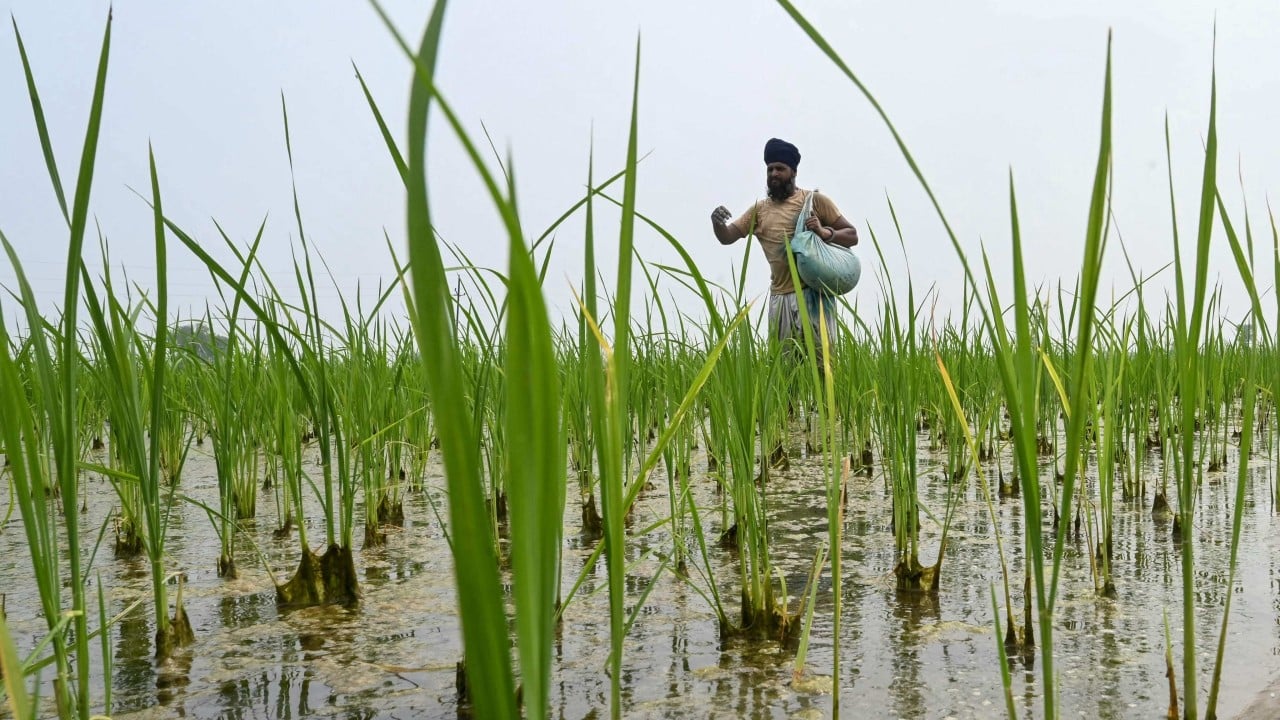

Trade negotiations between Washington and New Delhi have reportedly reached an impasse, with disagreements over agricultural market access proving to be a major sticking point. The United States has been pushing for greater access to India's agriculture and dairy markets, but India has been hesitant to concede, citing the need to protect its farmers.
These stalled discussions have led to escalating trade tensions. U.S. President Donald Trump has expressed his frustration with the lack of progress, asserting that India's market has been largely closed to American products while the U.S. market has been open to Indian goods. As a result, President Trump has announced a 25% tariff on all Indian imports, effective August 1, along with a possible penalty tied to India's continued purchases of Russian oil and military hardware.
India has historically excluded agriculture from free trade agreements to protect domestic livelihoods. A significant portion of India's workforce is engaged in farming, and the government fears that opening the market to cheaper imports from the United States, where farms are larger and heavily subsidized, could destabilize domestic crop prices and put smaller landholders at risk. Specifically, tariff cuts on corn, soybean, wheat, and ethanol remain off the table.
The United States views India's position as overly protectionist, pointing out that India's average Most Favored Nation (MFN) tariff on agricultural imports stands at 39%, compared to just 5% in the U.S.. U.S. officials have repeatedly pushed for greater market access for American agricultural products, from dairy and corn to ethanol and almonds.
According to reports, the announcement of tariffs came just a day after Indian officials indicated that a U.S. trade delegation was expected to visit New Delhi to resume negotiations. Some observers view the tariff imposition as a pressure tactic to push India to accept U.S. demands. Washington has recently secured favorable trade agreements with countries like Japan, the UK, and the European Union.
In addition to concerns about agricultural market access, the U.S. has also raised issues related to non-tariff barriers, intellectual property rights, digital trade, and data flows. India, while offering limited tariff cuts and boosting imports of U.S. energy and defense goods, says it is still awaiting clear proposals from Washington.
The situation is further complicated by broader geopolitical concerns, including India's relationship with Russia. U.S. Treasury Secretary Scott Bessent has criticized India's energy ties with Russia, claiming that India has been re-exporting refined products made from Russian crude.